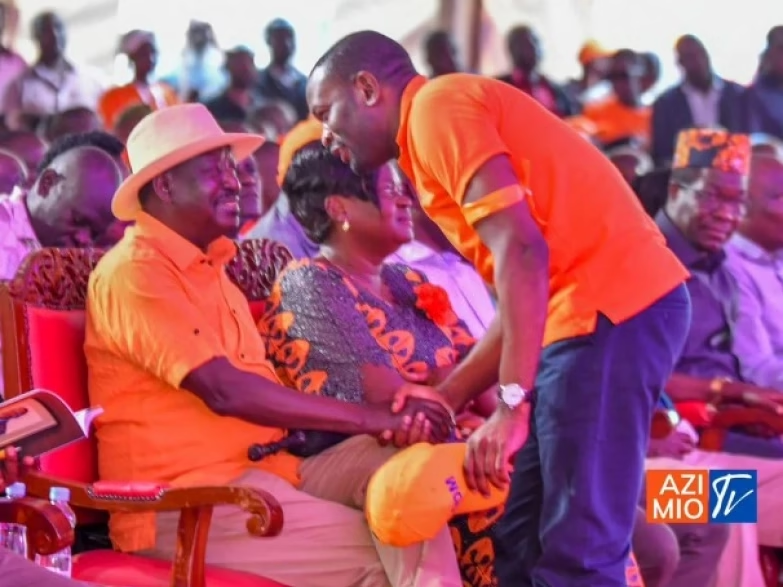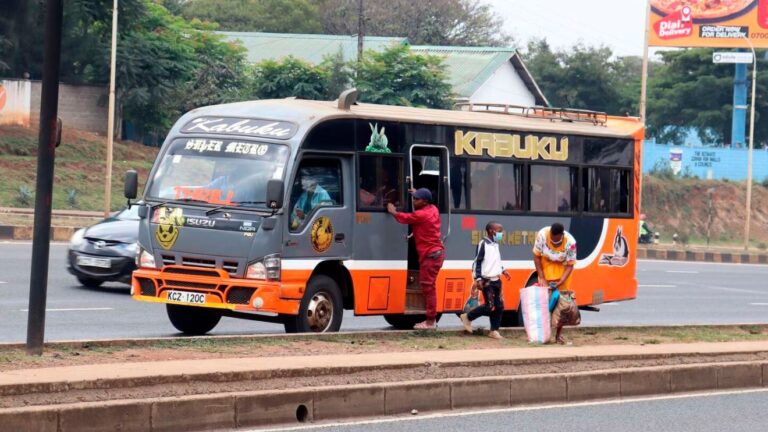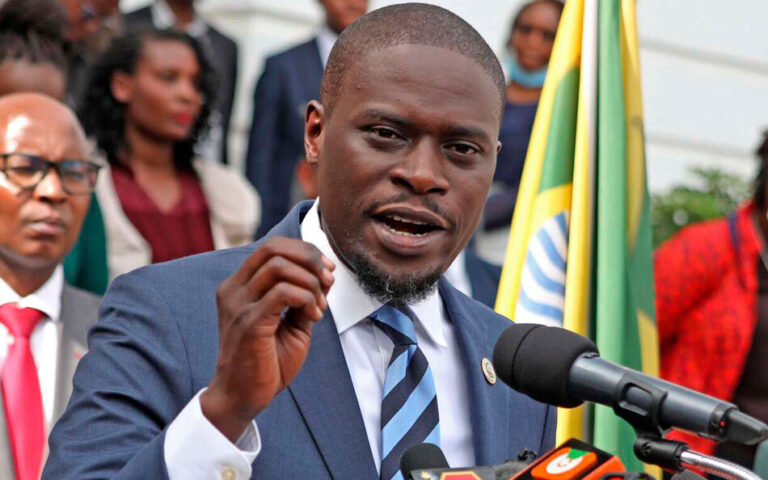
The Orange Democratic Movement (ODM), once a beacon of opposition politics in Kenya, is now grappling with internal discord that threatens its ideological clarity and public trust. At the center of this turbulence is a growing rift between Party Leader Raila Odinga and Secretary General Edwin Sifuna, whose reignited debate over ODM’s role in the current political landscape.
Sifuna, in a candid interview on Citizen TV, declared the Memorandum of Understanding (MoU) between ODM and the ruling United Democratic Alliance (UDA) party under president William Ruto “dead.” Signed on March 7, 2025, the MoU was intended to foster peace and democratic stability following the Gen Z-led protests that shook the nation. However, Sifuna argued that the government had failed to uphold its commitments, citing continued police brutality and the death of teacher and blogger Albert Ojwang in police custody as evidence.
“The reason I declared this MoU dead is because the initial argument for entering into it was twofold. First, it was for the preservation of life… But our people are not benefiting; they are still being killed. On the day Albert Ojwang dies in a police cell, for me, this agreement is dead,” Sifuna stated.His remarks sparked a wave of reactions. While some ODM members accused him of betrayal, others rallied behind him, praising his courage. Vihiga Senator Godfrey Osotsi, a deputy party leader, even threatened to resign if Sifuna was pushed out: “If you say he should resign, I will also follow him”.
Amid the uproar, Raila Odinga broke his silence during the ODM Delegates Conference in Kakamega, defending Sifuna’s right to speak and reaffirming the party’s democratic ethos. “Everybody has a right to speak their mind. That is democracy, and that is what ODM stands for… If Sifuna has spoken, he has a right to do so, and if you differ with him, then speak out,” Raila said.
Odinga emphasized that ODM is not a monolith and that divergent views are welcome within its ranks. He assured members that the party’s central committee would convene to review the MoU’s implementation and determine the party’s official stance moving forward. “We will sit down, assess what has been implemented, and agree on the way forward together,” he added.
Despite Raila’s conciliatory tone, the tension within ODM remains palpable. The party is grappling with a delicate balancing act of maintaining its identity as a watchdog while navigating a politically charged partnership. Sifuna’s defiance has exposed deeper ideological and generational divides, with younger leaders pushing for a more assertive opposition stance.
Raila clarified that ODM’s engagement with the government was not a coalition agreement but a structured understanding focused on national issues. “We did not sign a coalition agreement with UDA. What we have is a structured understanding focused on issues affecting Kenyans, not positions, not politics,” he said.
As ODM prepares to mark its 20th anniversary later this year, the party faces a critical juncture. Will it reaffirm its role as the voice of the people, or will internal discord dim its once-bright flame? For now, Raila’s message is clear: democracy must prevail, and no voice, however dissenting, should be silenced.
In his own words, “ODM must tolerate divergent views within our party. But when we have talked and there is a consensus, then that must be the party stand”. Whether that consensus will heal the rift or deepen the divide remains to be seen.

